Master of Arts in Urban Design
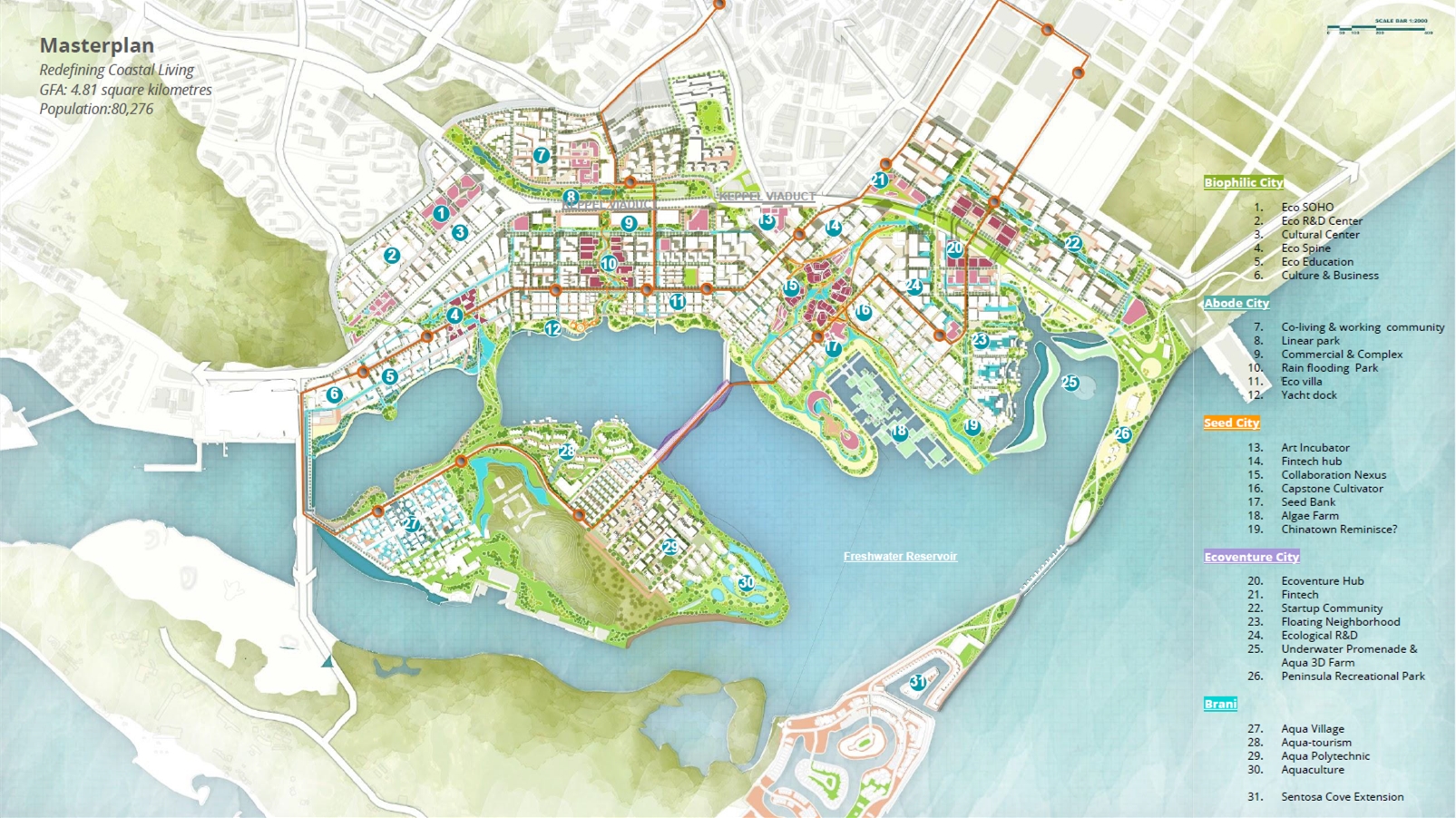
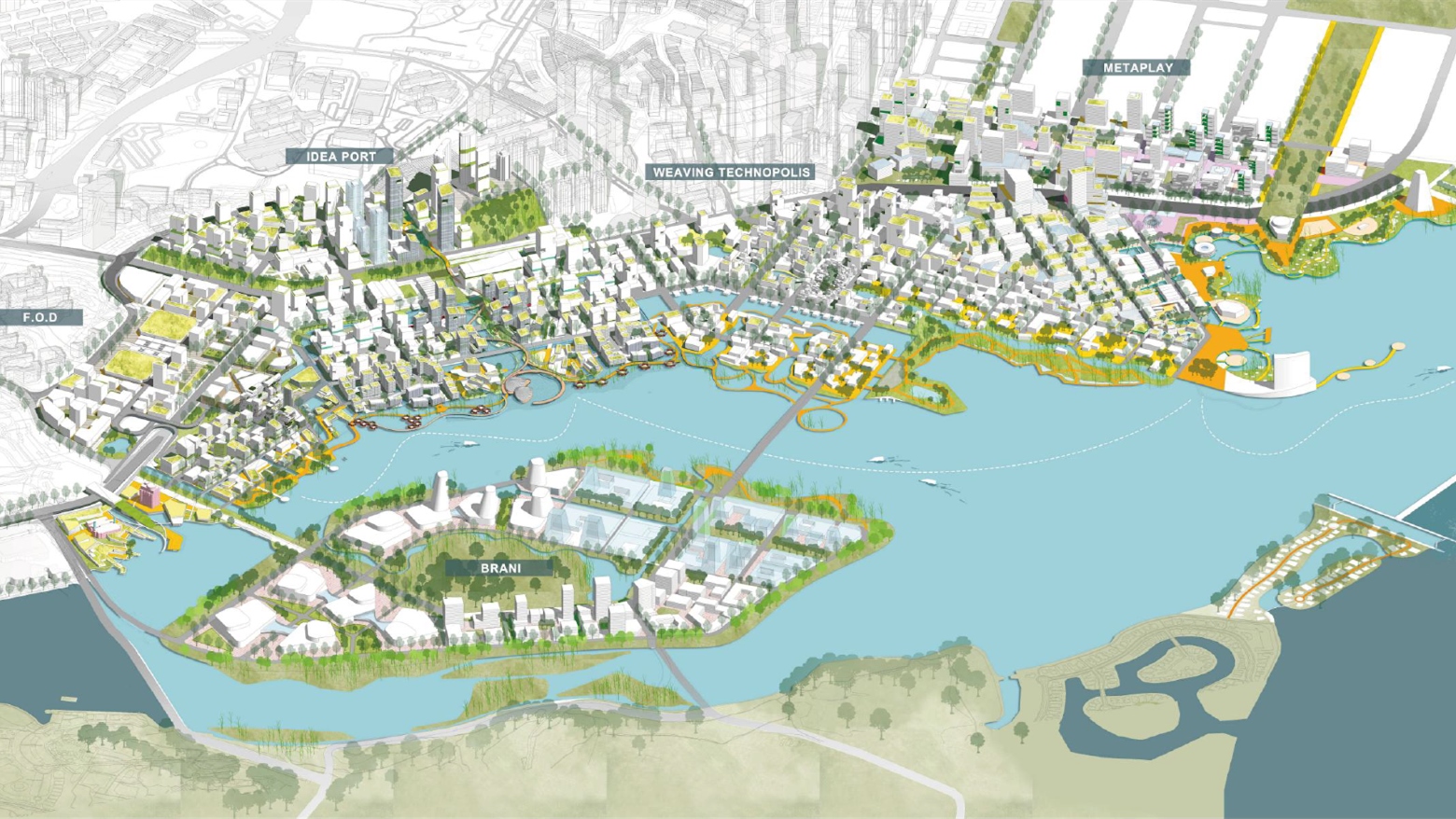
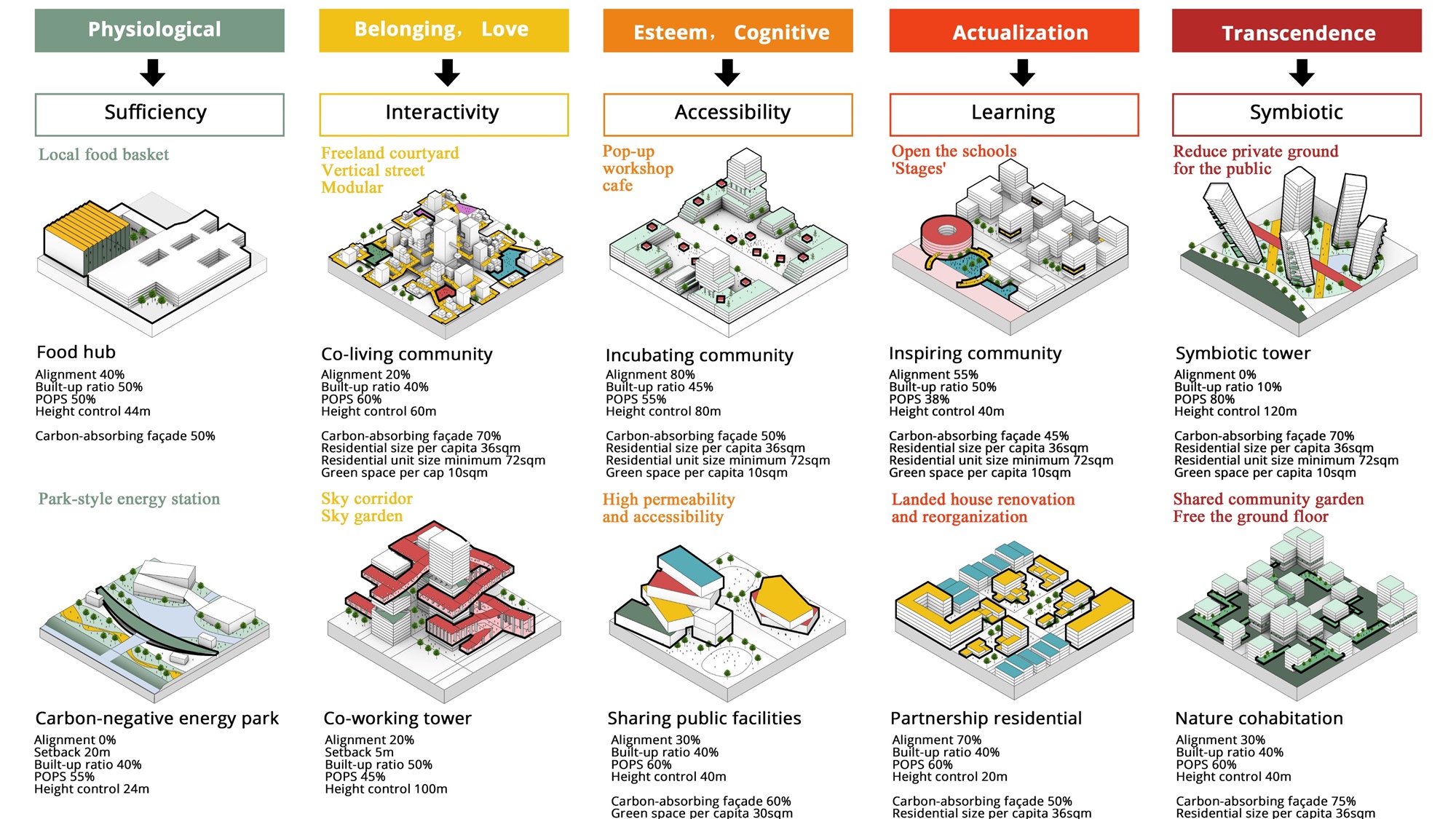
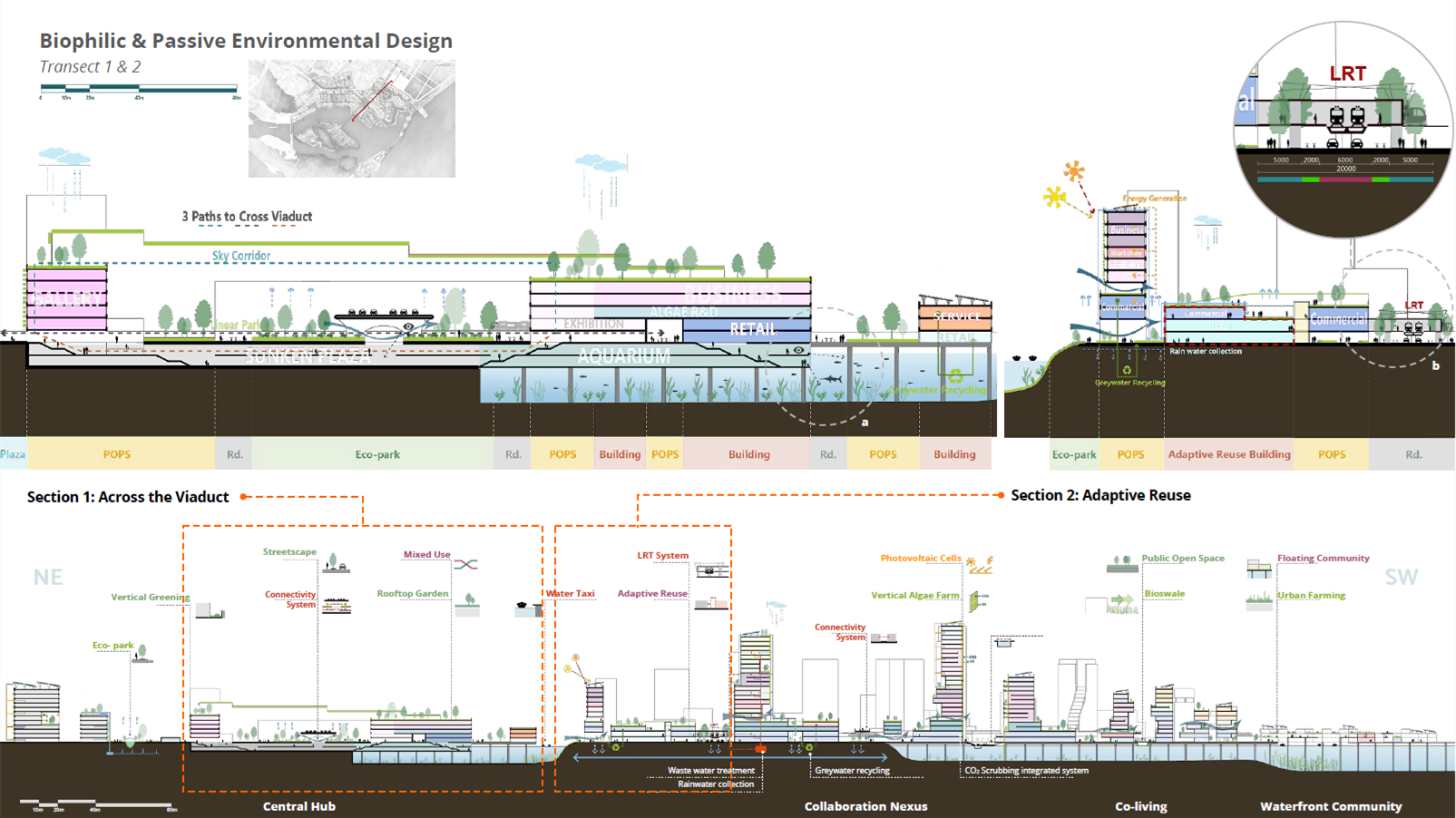
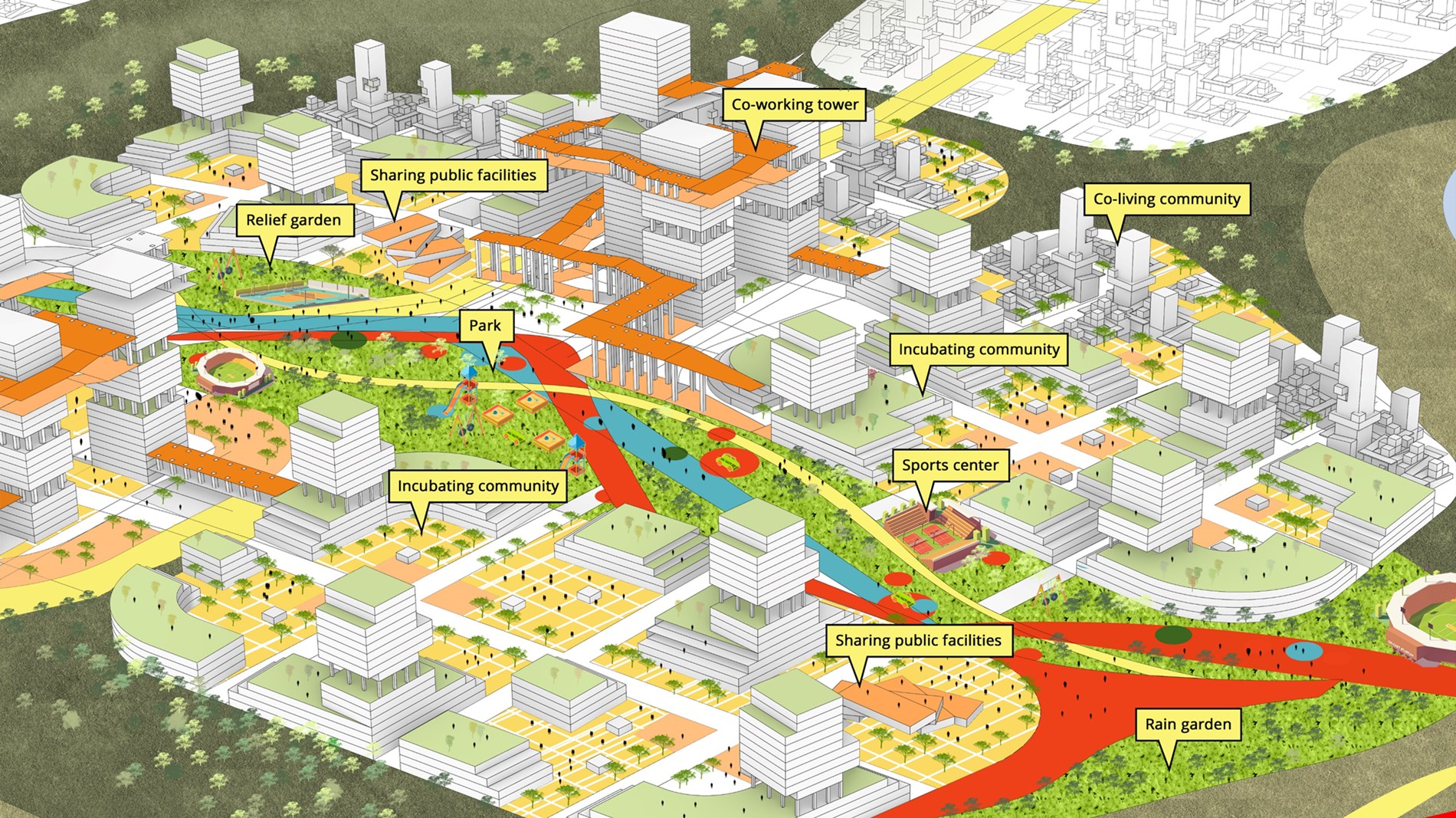
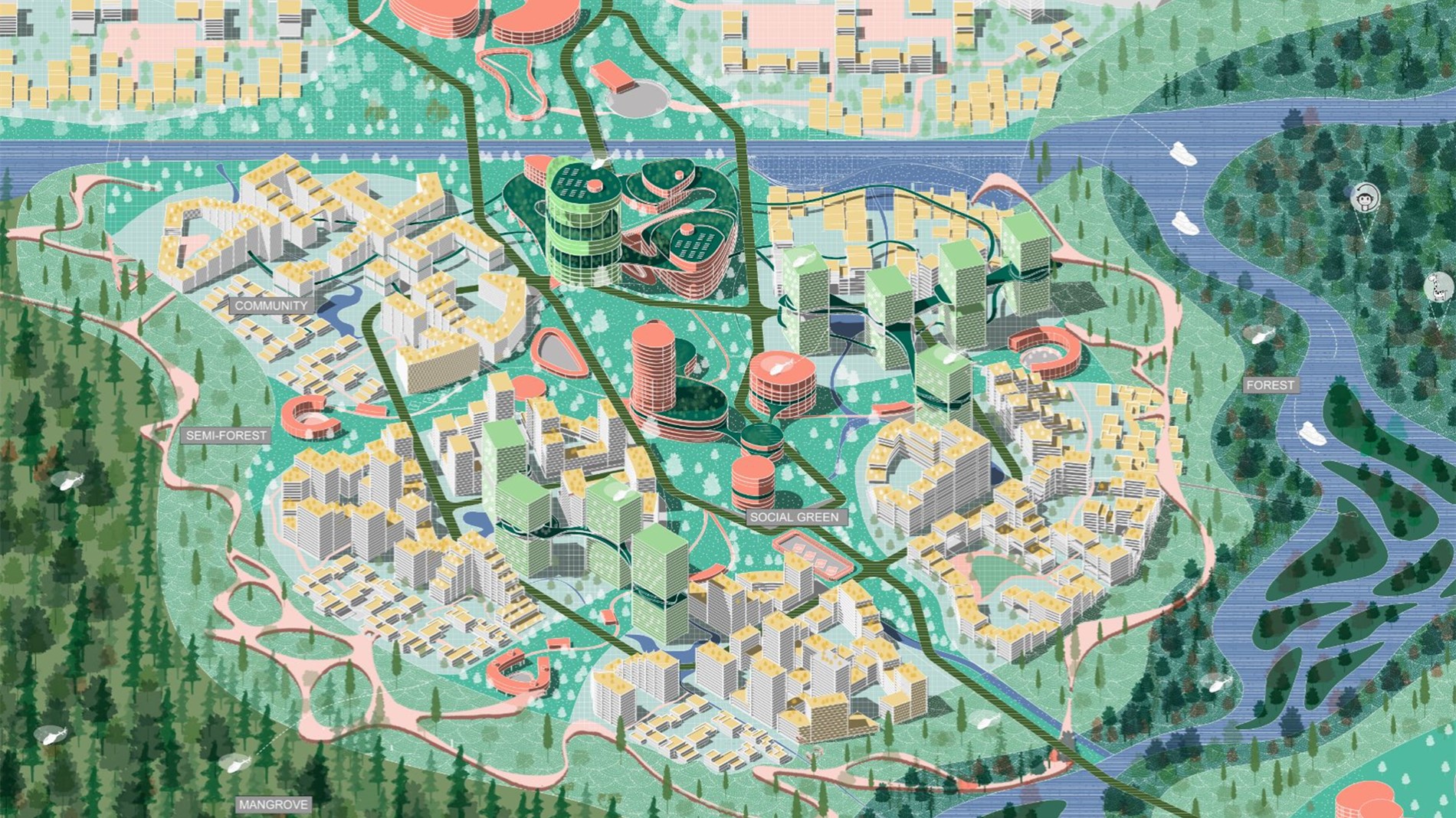
INTRODUCTION
Asia is now the epicentre of the world’s rapid urbanisation. With the majority of global urban population growth projected to take place in this region, cities in Asia are confronted with unprecedented challenges ranging from environmental threats to resource inefficiency and from social inequality to public health declining. At the same time, they are also standing at the frontline of developing new economic models, morphological structures, technological interventions, and governmental institutions to build resilient, equitable and liveable urban environment. Both challenges and opportunities require the urban design profession to constantly reinvent itself, producing new knowledge and methodologies to shape the future cities.
NUS has been leading the urban design education in Asia since 1998, when the Master of Arts in Urban Design (MAUD) was established as the first-of-its-kind programme in Asia. Over the past two decades, the MAUD programme has cultivated numerous leading urban designers with strategic visions and creative thinking skills for Asia and beyond. Today, in response to the fast-changing and increasingly complex urban realities, this programme provides students with an unparalleled learning opportunity, tapping into the experience of Singapore and cities in Asia as laboratories for design innovation and excellence. It aims to equip graduates with cutting-edge knowledge, social responsibility, entrepreneurial spirit, and all necessary skills to push forward the urban design profession in the rapidly urbanising world.
The learning of MAUD programme is organised around several key areas: 1) high-density urban environment and its physical structures and social conditions; 2) technological advancement and data-augmented design; 3) social engagement and community development; and 4) systems thinking and collaboration in design.
ABOUT THE PROGRAMME
The MAUD programme is a one-year full-time programme (two-year part-time). Its interdisciplinary curriculum is anchored by two urban design studios and a set of theory, methodology and technology courses. Students are able to participate in overseas field trips, internship attachments, and research activities to broaden their exposure and enrich their learning. This programme is uniquely positioned to leverage on Singapore’s experiences and its role as the central hub of the region and the world. It brings to students:
- A global perspectives on Asian urban challenges
The teaching team of the MAUD programme is drawn from an international cast of experts from both academia and practice to provide students with global perspectives and help them become future-ready urban designers to deal with challenges in and beyond Asia. Besides, Singapore as the regional hub for many multinational design and planning firms attracts numerous urban professionals around the world, who are also engaged in various ways to enhance the teaching and learning of this programme.
- Singapore as a laboratory for high-density urbanism
Singapore is well-known for its outstanding achievements in high-density urbanism. It is the birthplace of many innovative urban design ideas that lead to the production of high-quality urban spaces across many cities. To study in and on Singapore is to live the city-state’s experience, witnessing how it creates new spatial configurations, incorporates natural resources, promotes public engagement, and harnesses smart technologies to achieve successful placemaking.
- Broad exposure through varsity-industry-government partnerships
Understanding relations and creating synergies between different stakeholders can result in more constructive outcomes of urban design. The programme continuously engages practitioners and government officers in the teaching of different courses to deepen students’ learning through various lenses, and also to ground their studies on real-world challenges.
- Collaborative learning to nurture leadership for greater cities
A defining character of urban design practice is collaboration across different knowledge boundaries and professional disciplines. Besides vocational knowledge, this programme places social and intellectual interdependence at the core of the education. It nurtures leadership skills in future urban designers for them to helm multi-professional, multi-disciplinary collaboration with strong commitment to creating greater cities.
Brochure
Please click here for the programme brochure.
Handbook
Please click here for the programme handbook.
Apply Now
Apply now to our Master of Arts in Urban Design Programme.